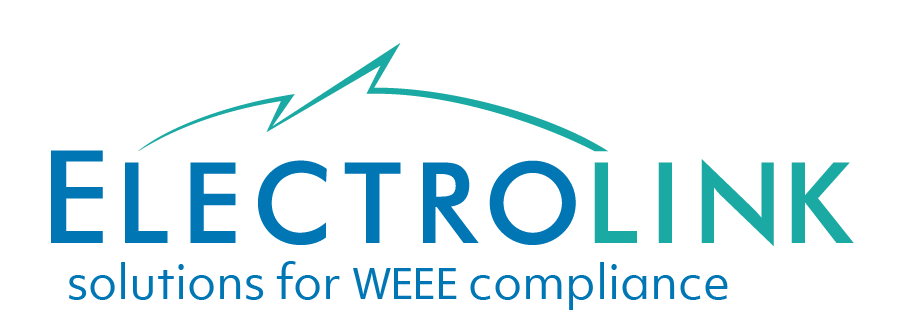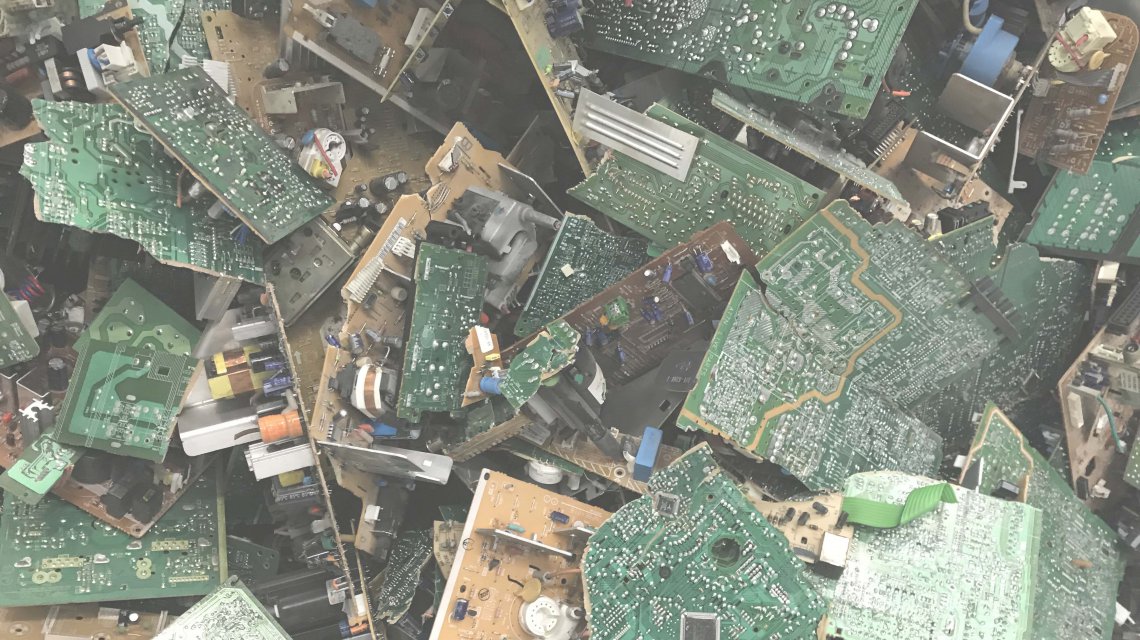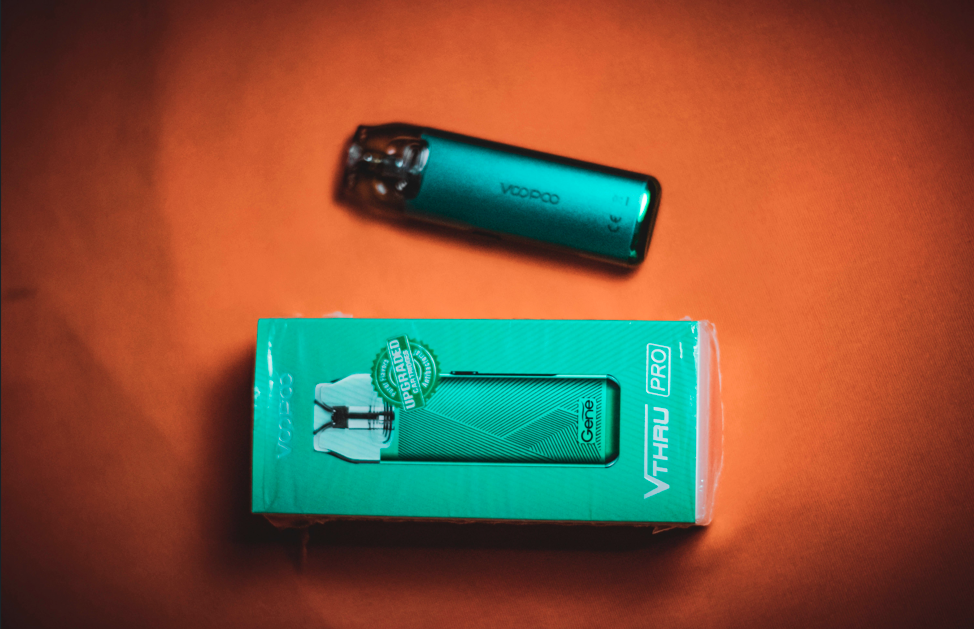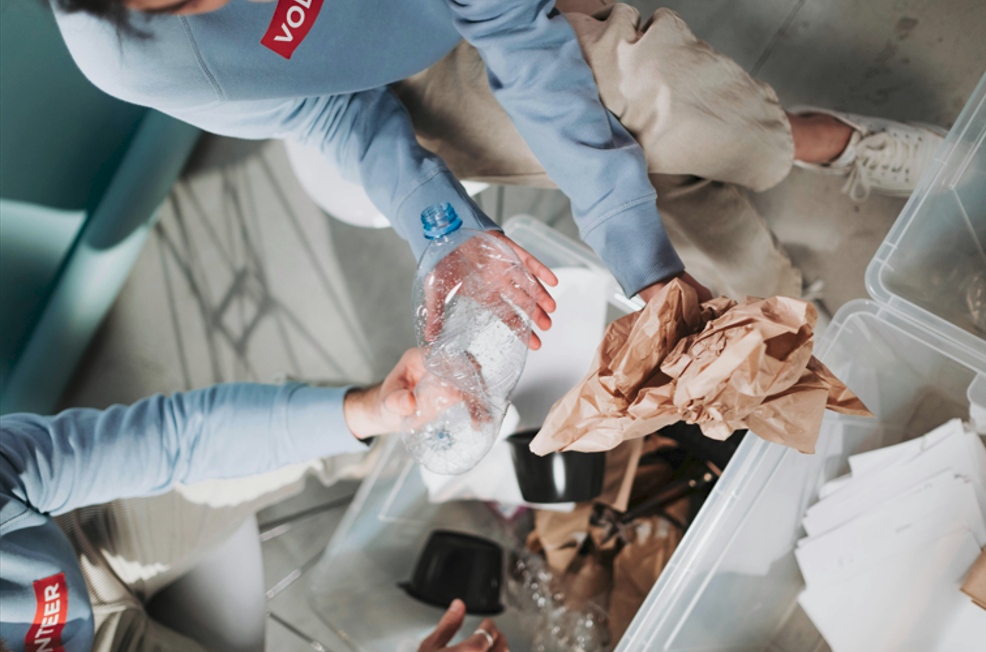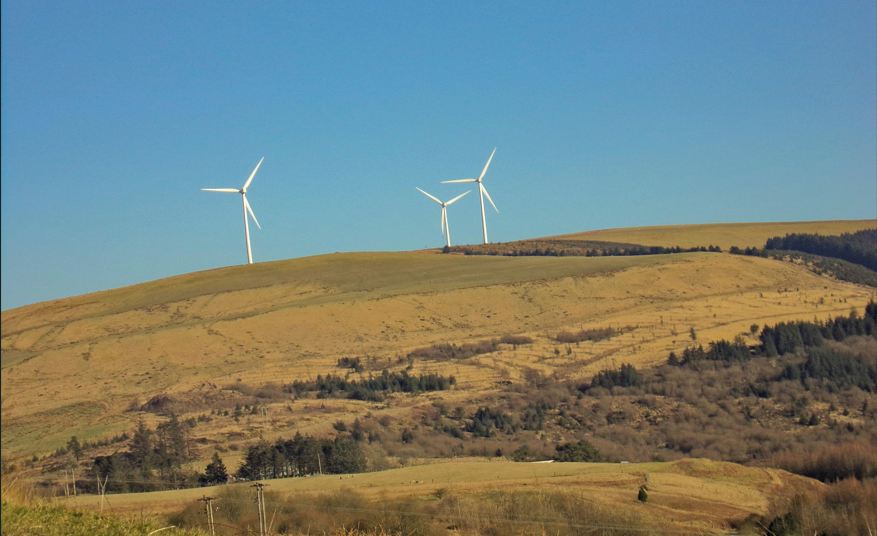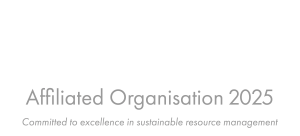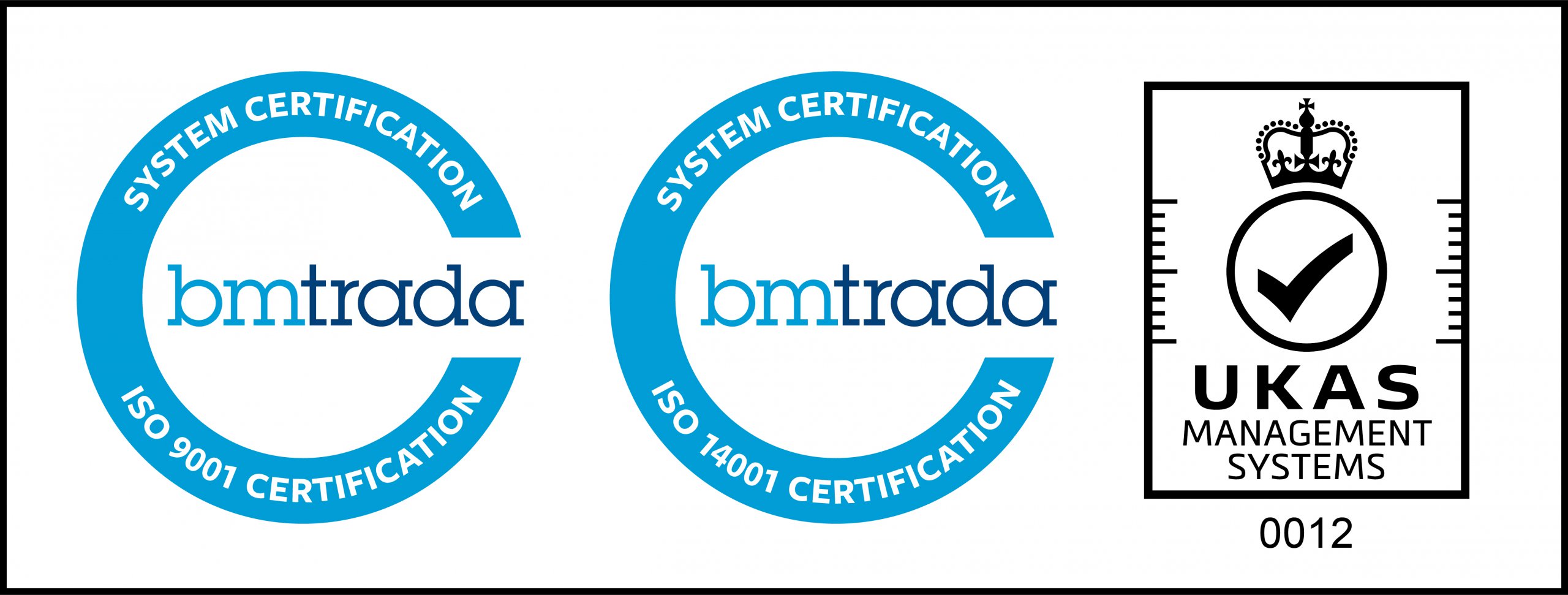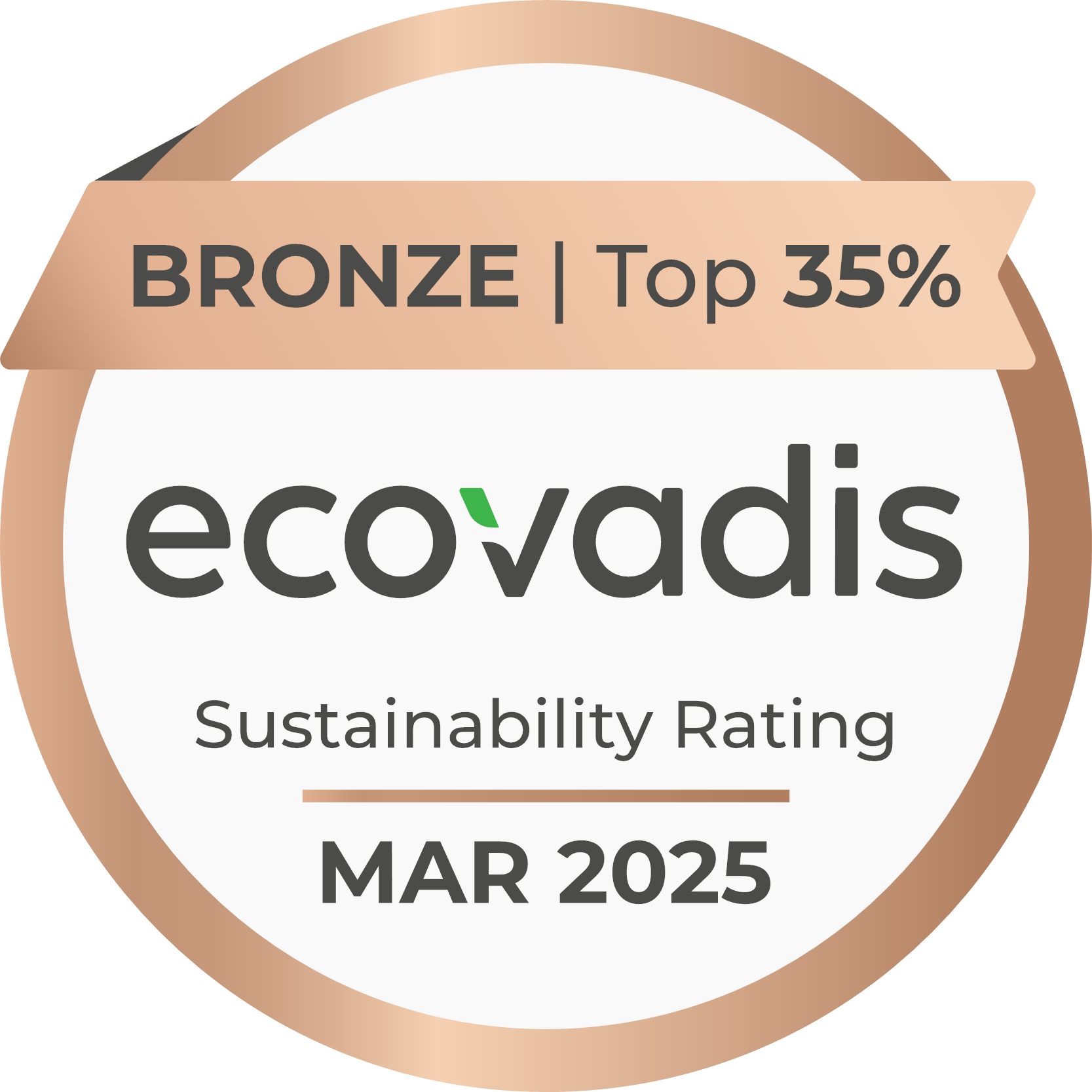The Department of Environment, Food and Rural Affairs (Defra) has confirmed that it will fund five projects under a £400,000 programme to develop “digital solutions” to track waste from treatment to end destination.
In a statement from Defra, it said the projects will enable the regulator to understand about how the UK’s waste is generated, handled and disposed of as well as helping other environmental bodies clamp down on issues such as waste crime.
The department is providing £150,000 of funding whilst £250,000 will come from the cabinet’s £20m ‘Innovate UK’ fund. The total amount will be split between the five projects while two of them could be selected to receive further funding of £500,000 each to develop and field test a prototype.
“We want to move towards a more circular economy, where waste is valued as a resource and reused,” commented environment minister Thérèse Coffey. “We are also committed to cracking down on waste criminals who exploit the system.”
Cabinet Office Minister for Implementation, Oliver Dowden, emphasised that a better understanding of where waste ends up, will bring environmental benefits and solutions for other issues facing the sector. He said: “The effective management of waste will help improve the environment and boost this emerging industry, clearly highlighting how our investment in smarter technologies is crucial to tackling public sector challenges.”
The five projects receiving funding are the following:
Anthesis’s project, ‘Vastum’ which is based on a Blockchain approach, which securely records transactions into a ‘distributed ledger’ on a time stamp basis.
The Dsposal method will see an app being created, which will cover picking a licensed waste company to checking their credentials and paying for the job when it has been carried out compliantly.
International Synergies’ project will “demonstrate the feasibility of creating a digital solution that will simplify current data entry processes through big data, machine learning and artificial intelligence (AI).
PragmatIC’s project will “see ultra-low cost” flexible integrated circuits which are thinner than a human hair created which can be embedded into any surface “ideal for everyday Fast Moving Consumer Goods products”.
Topolytics will work with the Ordnance Survey to analyse household, municipal, commercial, construction, and hazardous waste, and build maps of the waste movements system across four areas of the UK.
